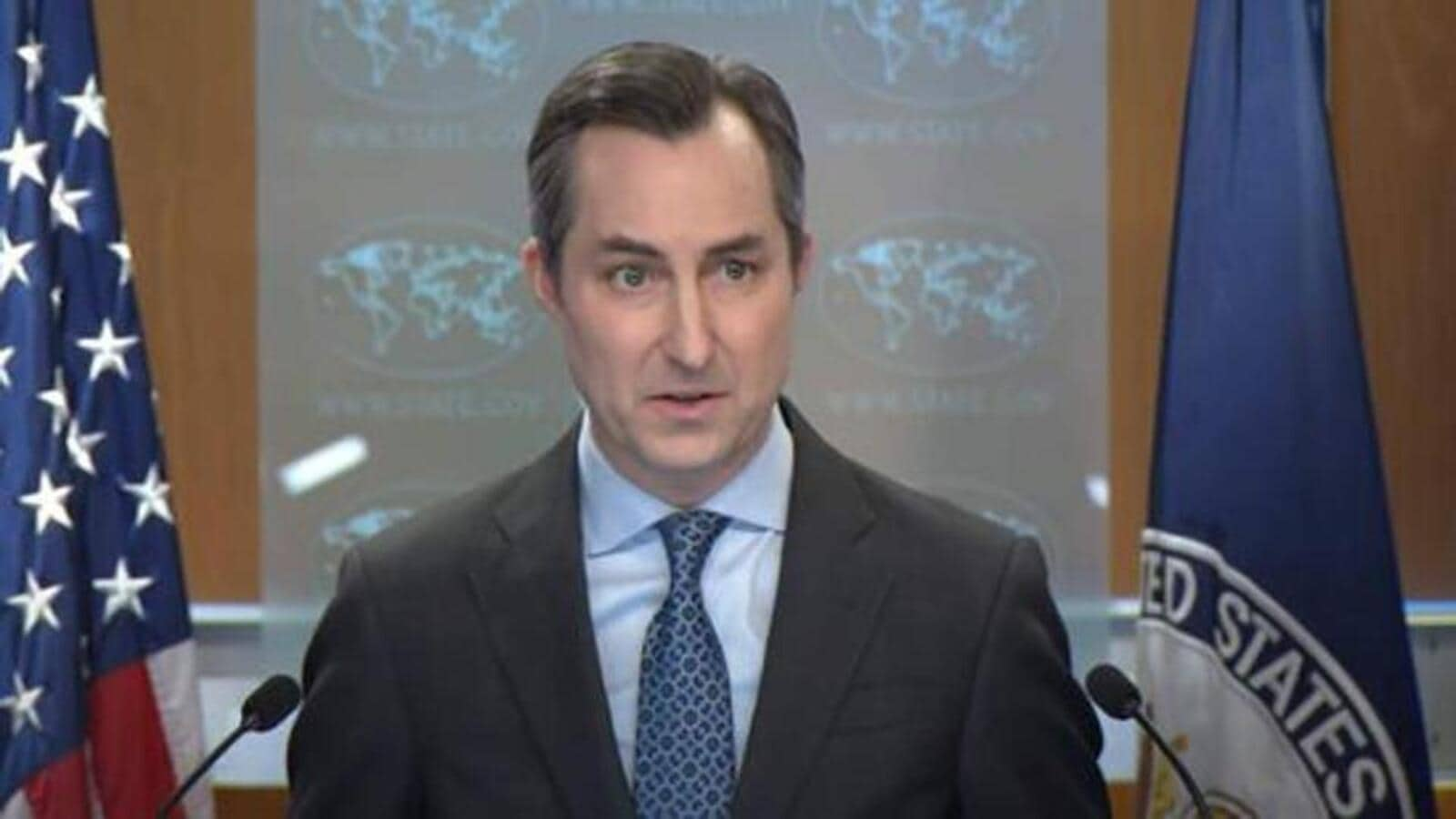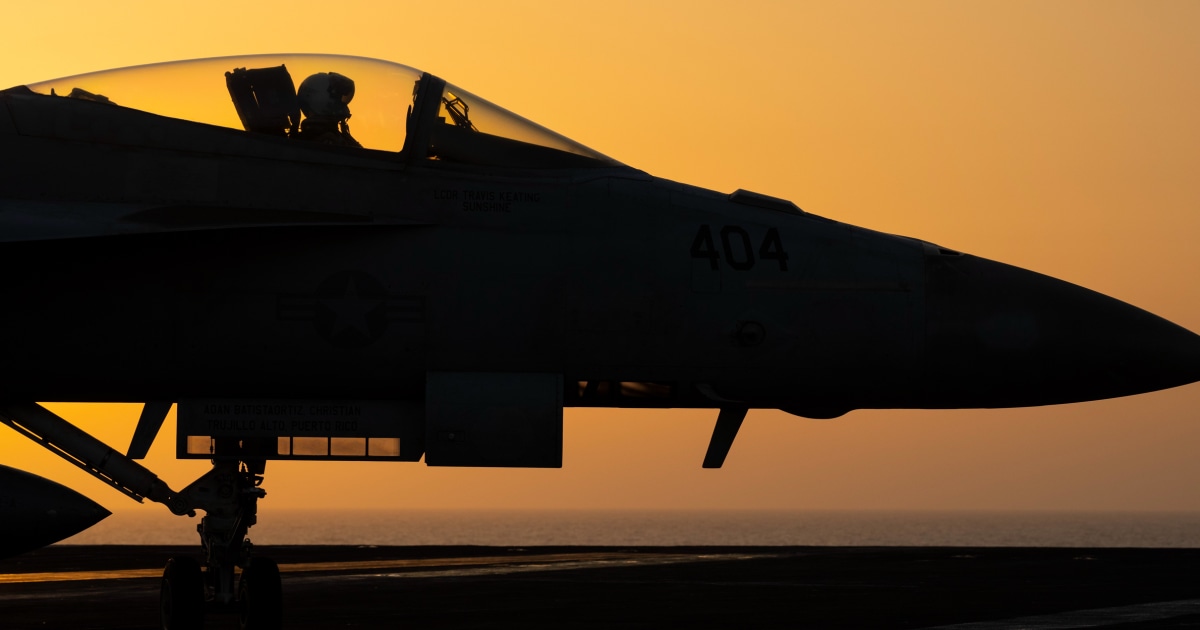Horoscope
US concerned about Modi’s Moscow visit, says has been in touch with India

Washington: The US on Tuesday said that it had been in touch with India about Prime Minister Narendra Modi’s visit to Russia and, while keeping the content of the conversation private, reiterated its concerns about India’s relationship with Russia and urged New Delhi to support efforts for an “enduring and just peace” in Ukraine.
At a regular press briefing on Tuesday, when asked about Modi’s visit, his hug with Russian President Vladimir Putin and India-Russia agreements, State Department spokesperson Matthew Miller said, “We have been quite clear about our concerns about India’s relationship with Russia. We have expressed those privately, directly to the Indian Government and continue to do so, and that hasn’t changed.”
Asked if these concerns had been conveyed in the preceding 24 hours, Miller answered in the affirmative. “We have had conversations with them in the past 24 hours, and I think I will keep the contents of those private.”
On the impact of Modi’s visit on the war in Ukraine and peace efforts, Miller reiterated that the US had continued to urge India to “support efforts to realise an enduring and just peace in Ukraine based on the principles of the UN Charter, based on upholding Ukraine’s territorial integrity and its sovereignty”.
India has consistently, in all its statements, supported these principles and called for diplomacy and dialogue to end the war in Ukraine. Modi, in Moscow, reiterated the importance of dialogue and expressed his pain at the violence and suffering the war had caused.
Miller’s statement was essentially a reiteration of what he had said on Monday about Modi’s visit to Moscow, American concerns about India’s ties with Russia and need for peace in Ukraine based on principles of sovereignty and territorial integrity. He had also said, “India is a strategic partner with whom we engage in a full and frank dialogue, and that includes on our concerns about the relationship with Russia.”
When the war in Ukraine began in 2022, there was tremendous US pressure on India to take a stronger position against Russia, including at the United Nations. But over the past two years, American officials have told HT that while they would like India to speak out against Russian aggression, they recognise India’s constraints and imperatives, including its military dependence on Moscow and need to import cheap oil that has also helped moderate global oil prices.
Indian officials, in conversations with their US counterparts, have also explained the logic of engaging with Moscow in order to prevent Russia from turning completely towards China. Senior American officials have even been positive about this engagement in private, according to two people familiar with the diplomatic conversations, and see New Delhi as a channel with Moscow and possible moderating voice. Bill Burns, the director of the Central Intelligence Agency, even gave credit to India, among others, for warning Russia not to engage in nuclear sabre-rattling back in 2022.
The fact that India’s ties with Russia haven’t been a dealbreaker in India-US ties is clearly reflected in the high-level visits from both sides as well as the deepening strategic, technology, military, and economic ties between the two countries.
But the timing of Modi’s visit, coinciding with NATO’s 75th anniversary summit in Washington, has raised concerns in Washington.
A person familiar with the mood in the administration said, “There is mild annoyance. It didn’t have to be Modi’s first bilateral visit. And it didn’t have to be now.” A second person familiar with the mood in the US Congress on Capitol Hill said, “It doesn’t materially change the mood. Among Democrats, those who are skeptical of India have found one more reason to be even more skeptical, while friends of India think of Modi’s visit as jarring but won’t raise it publicly. And among Republicans, half the party wants to do a deal with Russia itself. So they won’t have much to say”.
Asked about the visit, Sameer Lalwani, a scholar at the US Institute of Peace who closely tracks India’s engagement with both US and Russia, said that there was an understanding within the US National Security Council that Delhi’s ties with Moscow was driven “partly by self-preservation, partly by self-interest, but also by a strategic calculus focused on China”. For India, self-preservation, Lalwani said, meant “maintaining access to supplies, spares, and technician support to sustain its vast stock of Russian weapons”. Self-interest was “clearest in the energy domain” and was evident in spike in import of oil.
And the strategic calculus was “based both on a geopolitical strategy of fostering multipolarity as well as a theory of preventing Russia from becoming a satellite of China”, Lalwani said. “Implicit in that though is an assumption that there is still daylight between Russia and China that can be shaped by India and that is probably an area where US analysts diverge.” This divergence in analysis, he warned, could pose real limits in the future to India-US defence and tech cooperation, especially if US thinks that India-Russia closeness can result in “infiltration, espionage and leakage” and intelligence or tech can make its way to China.
But in the context of the current visit, Lalwani said, “I think it’s unfortunate timing, more for Modi, but since the signed agreements look to be mostly trade, investment, and research related, I am not sure it changes much for the US assessment of the relationship.”
Drowned in domestic political troubles in an election year, and confronting multiple global crises — including China’s aggression vis a vis Philippines, Israel’s continued war in Gaza, and Russia’s gains in Ukraine — for American policymakers, for now, Modi’s Moscow sojourn is a matter of concern but may not be a matter of urgent priority and the visit’s outcomes do not fundamentally alter their approach to India.










